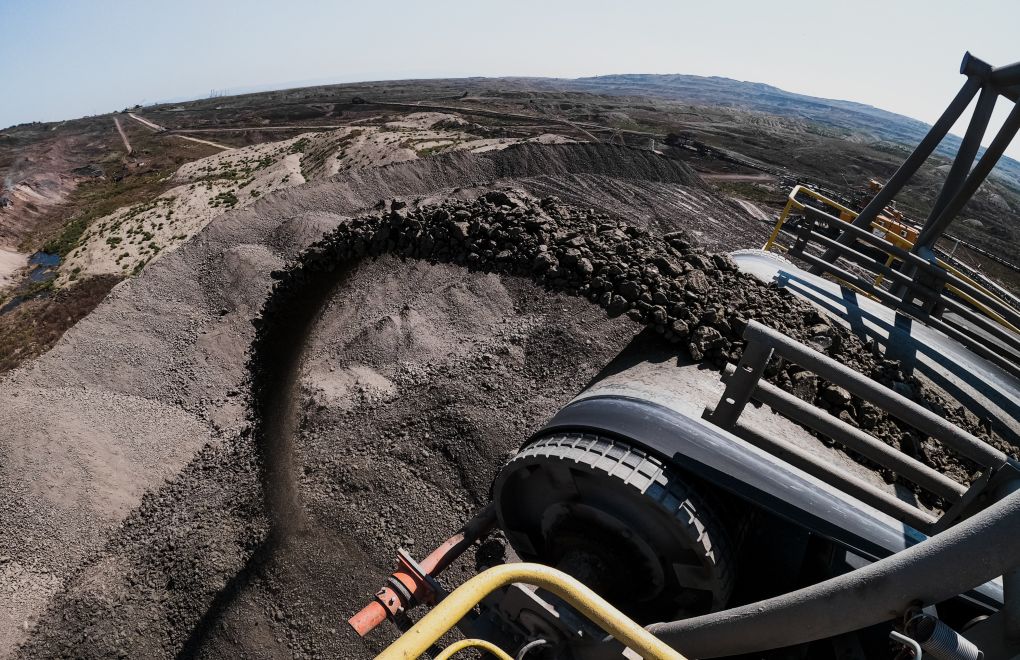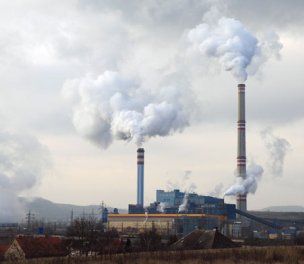* Photo: unsplash
Click to read the article in Turkish
E3G - Third Generation Environmentalism, a climate think tank accelerating the transition to a climate safe world, has released a report titled "No New Coal by 2021: The Collapse of the Global Coal Pipeline".
The report of the organization has shown that the global pipeline of proposed coal power plants has collapsed by 76 percent since the Paris Agreement in 2015, bringing the end of new coal power into view.
Commitment to no new coal
Since 2015, 44 governments (27 in the OECD and EU, 17 elsewhere) have committed to no new coal, opening a pathway for remaining countries. The report has found that a further 40 countries (8 in the OECD and EU, 32 elsewhere) are without any projects in the pre-construction pipeline and are in a position where they could readily commit to "no new coal".
Globally, 1,175GW of planned coal-fired power projects have been cancelled since 2015. The world has avoided a 56 percent expansion of the total global coal fleet (as of June 2021), which would have been equivalent to adding a second China (1,047GW) to global coal capacity.
As of July 2021, China and the countries with the next five biggest pre-construction pipelines (India, Viet Nam, Indonesia, Turkey, and Bangladesh) account for over four-fifths of the world's remaining pipeline.
Action by these six countries could remove 82 percent of the pre-construction pipeline. The remaining pre-construction pipeline is spread across a further 31 countries, 16 of which have just one project.
The remaining pre-construction pipeline is spread across a further 31 countries, 16 of which have just one project. According to the report, these countries could follow global momentum and many of their regional peers in ending their pursuit of new coal-fired power generation.
'Coal use needs to fall by 79 percent'
As the report has underlined, coal is currently the single largest contributor to climate change and the most polluting fossil fuel.
The Intergovernmental Panel on Climate Change (IPCC), International Energy Agency (IEA) and other bodies have made it abundantly clear that ending the burning of thermal coal for power generation is central to keeping the world on track for a below 1.5c warming pathway.
The IPCC 2021 Special Report on 1.5 models estimate that coal use needs to fall 79 percent by 2030 (on 2019 levels); twice as fast as for oil and gas. The IPCC also shows that while various pathways exist for the phase-out of oil and gas, for coal the picture is starker, with a roughly four-fifths drop in use required by 2030 in all scenarios that achieve a below 1.5c outcome.
Findings about Turkey
Some of the main findings about Turkey are as follows:
"Turkey alone accounts for 73 percent of the remaining OECD and EU pre-construction pipeline (12.14GW).
"Yet a huge 69GW of planned projects have been cancelled since 2015, including 8GW in the first half of 2021 alone.
"Turkey's national energy policy remains pro-coal, to the point of offering feed-in-tariffs for lignite (brown coal) power plants. The government promotes coal power in strategy and policy documents, and currently has no plans for a coal phase-out or an end to new coal construction.
"But the real economy is ahead of Government policy. The pipeline of projects has almost halved within the last year and shrunk by 79 percent since 2015. Cancellations have risen consistently, outpacing newly operational capacity by nearly 11:1, driven by the poor economics of coal power.
"Turkey is the sole OECD & EU country receiving Chinese finance. Yet EMBA Hunutlu, a 1.3GW Chinese-financed coal plant under construction, may not make a profit for at least 20 years and is highly likely to end up as a stranded asset. Recent analysis suggests no new coal-fired generation is required under a cost-effective energy transition strategy.
"Pressure is growing on Turkey to exit coal from both domestic business groups and civil society. The possible economic implications of an EU carbon border adjustment mechanism (CBAM) have caused fear among the business community.
"An increasing number of actors are now calling for the government to set up a decarbonisation roadmap, as increasing costs could seriously affect export-dependent sectors.
"As a result of changing political, economic, and social circumstances, government policy and reality are diverging. Turkey can take advantage of the global collapse of the coal pipeline and cancel its remaining projects." (SO/SD)
Click here to read the full report










